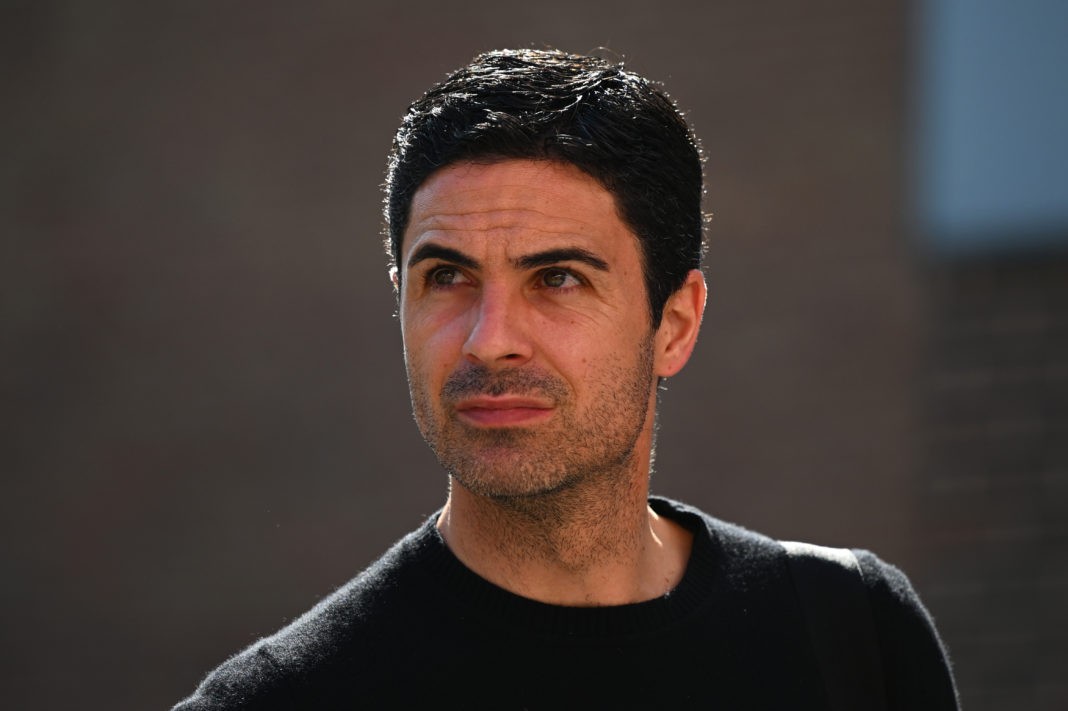GQ’s recent profile of Arsenal’s manager, Mikel Arteta, masterfully bridges the worlds of football, fashion, and philosophy, offering a nuanced portrait of a man often caught between the joy of the game and the weight of its immense pressures.
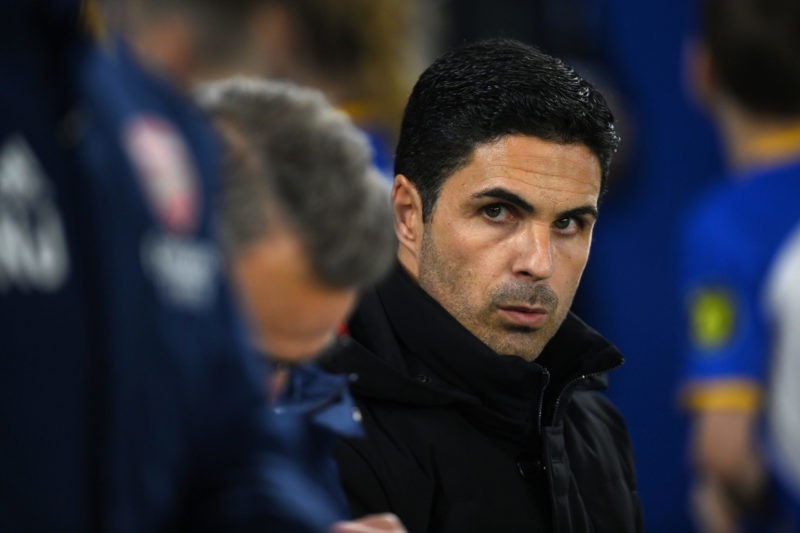
Here’s a brief summary of the main points and insights from the GQ article:
- Arteta’s near miss with the national team: Arteta, although a highly talented midfielder, was frequently overlooked for the Spanish national team. When he finally got called up in 2009, an unfortunate injury dashed his hopes of representing his country.
- Joining Arsenal: Despite the challenges and heartbreaks, Arteta counts his blessings. His move to Arsenal a year later became a turning point in his career. The club’s unique aura drew him in, and he particularly cherishes their FA Cup victory, which was the club’s first trophy in nine years.
- Interactions with former teammates: A unique aspect of football is the cyclical nature of relationships. Arteta now finds himself working alongside former teammates like Per Mertesacker at Arsenal.
- Transition to management: Post-retirement, Arteta’s experience under managers like Arsène Wenger and Luis Fernández, combined with his bond with Pep Guardiola, set him on a path towards coaching. He took on a role at Manchester City under Guardiola before ultimately returning to Arsenal as the head coach.
- Learning from other sports: Arteta believes in cross-disciplinary learning. He studied different sports like rugby, handball, and rowing to glean insights and strategies which he could incorporate into football.
- Rebuilding Arsenal: Arteta emphasises a holistic approach to management. He believes in fostering a safe and inclusive environment where all stakeholders share common values. Symbolic gestures, like planting a 150-year-old olive tree at the training ground, serve as daily reminders of unity and growth.
- Transfers and competing financially: In a world where football transfers are increasingly influenced by vast sums of money, Arteta remains grounded. He believes that while money plays a role, it can’t buy everything. The right decisions and smart strategies can still prevail.
- Looking Forward: Arteta is ambitious and wants to win, but he brings a unique softness to the managerial role, emphasising enjoyment and personal growth. He acknowledges that losing is part of the game but aims to proceed without any regrets.
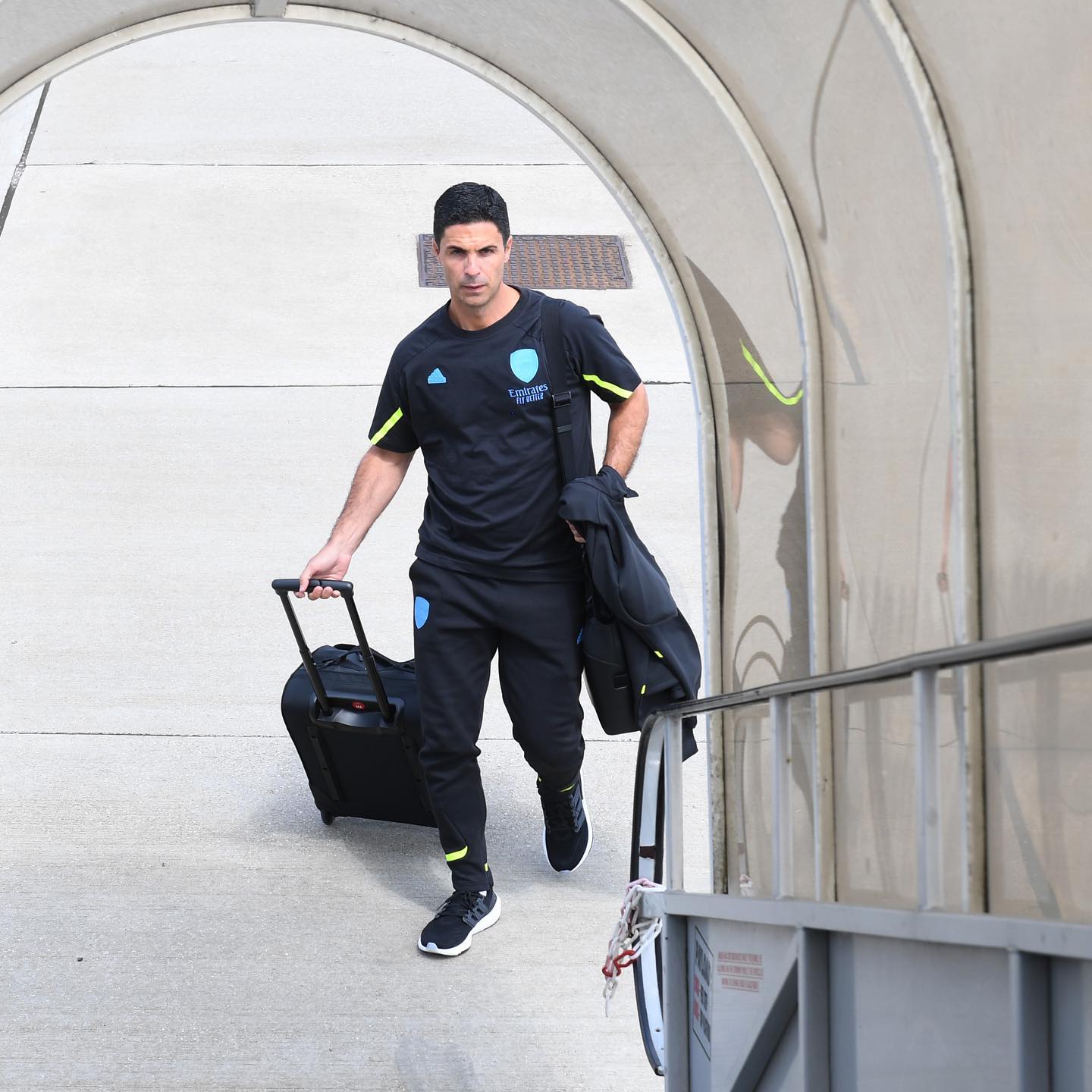
From the onset, the piece positions Mikel Arteta as both an emblem of resilience and a paragon of modern football management. Woven through with poignant anecdotes—his heart-wrenching miss at international representation due to a cruel twist of injury, to the allegorical olive tree he plants at Arsenal’s training grounds—the article goes beyond the conventional football narrative.
It touches on deeper themes of grit, redemption, and an unwavering belief in one’s own journey.
The elegance of the writing is matched by its holistic approach. In delving into Arteta’s sartorial choices and connection with other sports, the profile broadens to appreciate him as not just a football figure, but a modern man navigating the vortex of celebrity, expectation, and identity.
A particularly striking element is the article’s reflection on Arteta’s relationships.
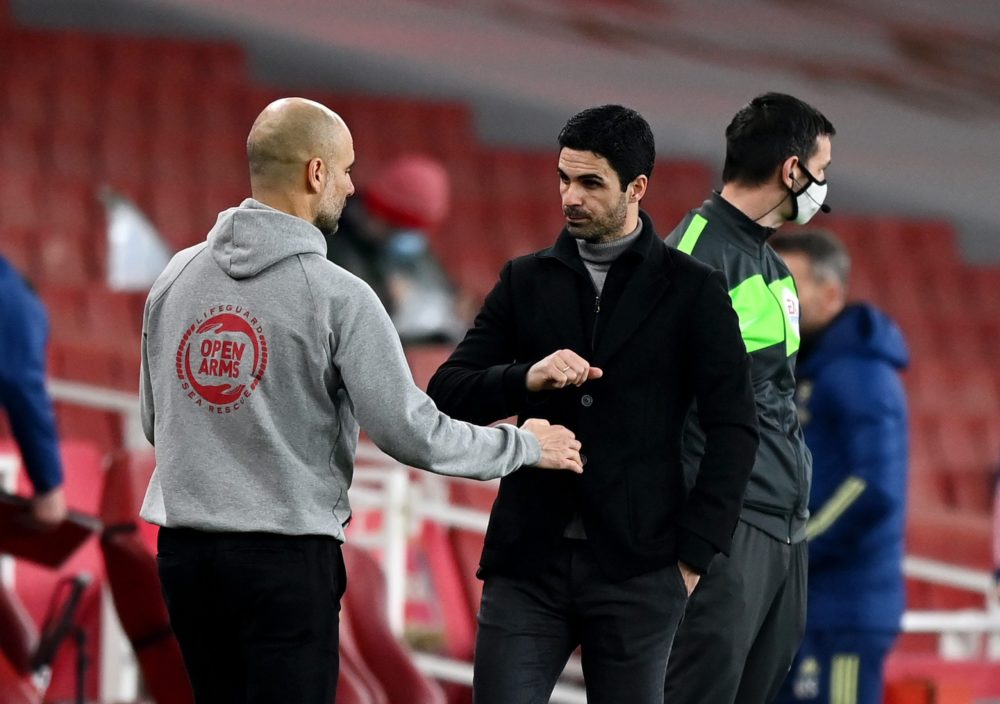
From his mentorship under Pep Guardiola to the respect and camaraderie shared with his former teammates, GQ paints a tapestry of connections that have shaped Arteta.
The genuine warmth between him and figures like Per Mertesacker is palpable, offering a refreshing counter-narrative to the often cold and calculated world of elite football.
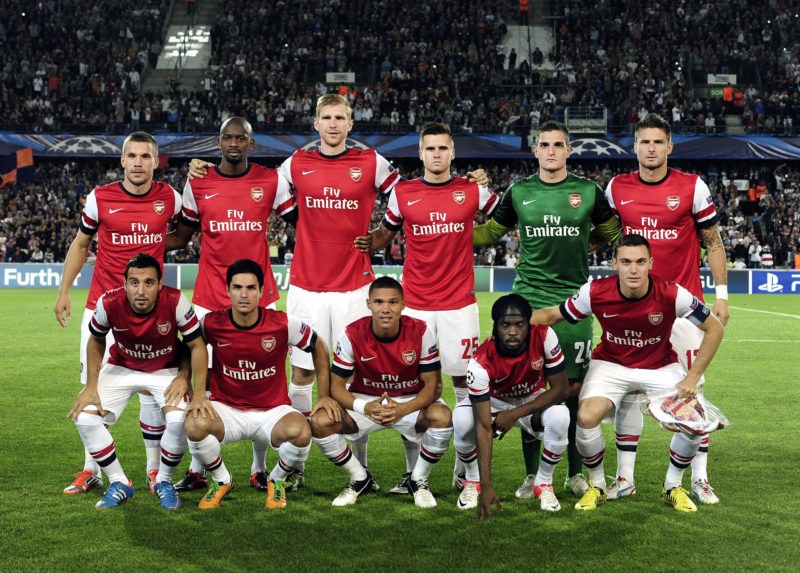
However, where GQ truly excels is in capturing the zeitgeist surrounding football’s contemporary landscape. The examination of state-backed clubs and their fiscal firepower juxtaposed against Arteta’s belief that “money cannot buy everything” taps into the broader dialogue of tradition versus modernity in football.
Some might argue the piece occasionally veers into the overtly poetic, with metaphors like the olive tree’s branches “steadily stretching toward the sky” perhaps laying it on thick. But such flourishes, viewed generously, underscore Arteta’s own philosophical bent and the deeper soul-searching the sport often demands of its stewards.
In conclusion, GQ’s profile of Mikel Arteta is not just a read for the football enthusiast but for anyone interested in the human stories that pulse beneath the surface of our modern icons.
It’s a compelling blend of introspection, ambition, and the age-old quest for belonging in a world that’s constantly changing.
You can read it in full here.

